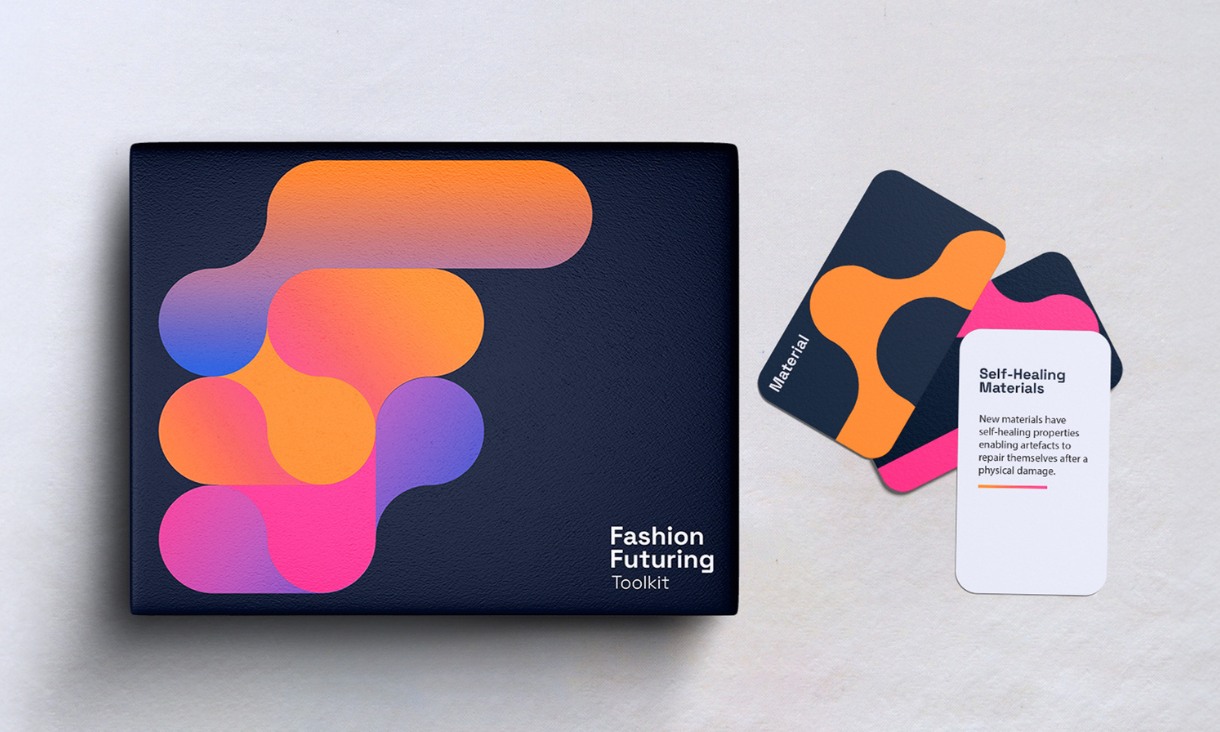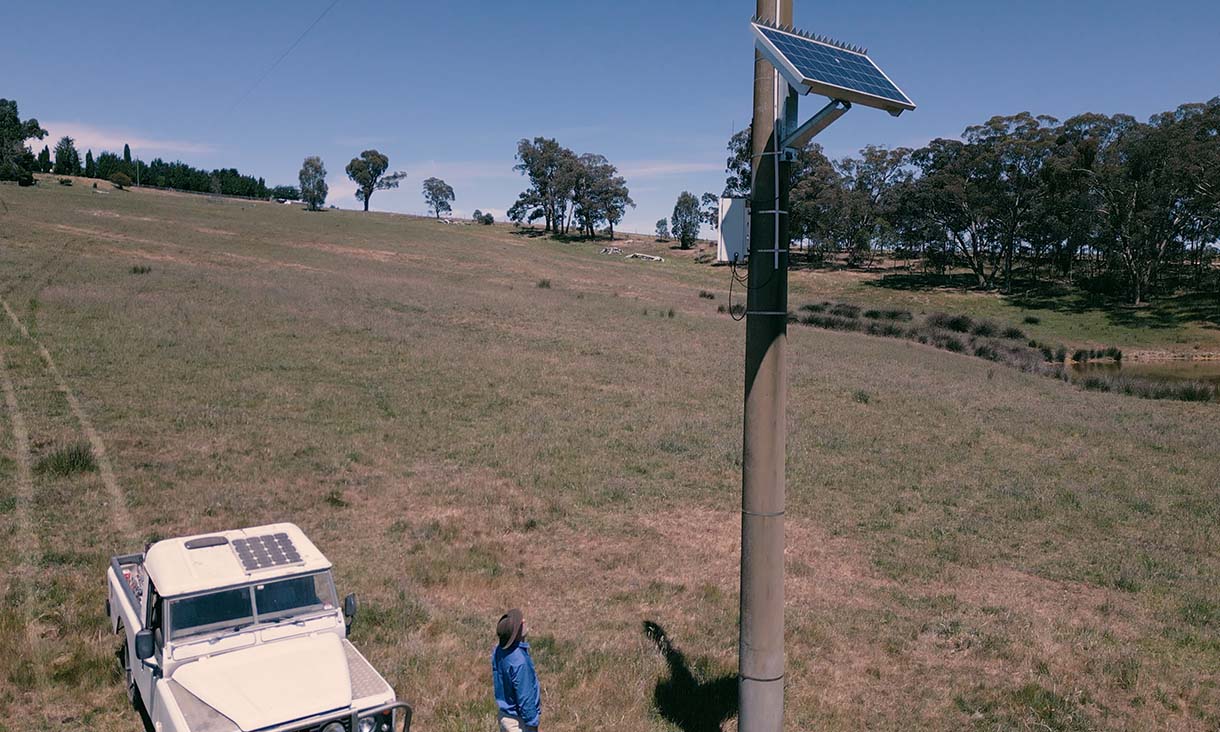Across a range of digital skills, roughly a third (between 29-36%) of employees said they are lacking fundamental digital skills, or their skill level is out of date, while employers identified AI or machine learning as the top digital skills they lacked within their organisation, followed by data science, coding and cyber security.
The crucial lack of digital skills across the workforce means businesses are willing to pay an 8% premium (or $5,408) for candidates with data and digital skills.
Nic Cola, CEO RMIT Online, said generative AI was unlike any past digital disruption.
“It will continue to transform the way we learn and work, level the playing field and create new roles and job disruptions," Cola said.
“The digital skills gap Australia is experiencing has been further exacerbated by the emergence of critical technologies such as AI and we must not be complacent in our attitudes to reskilling and upskilling if we are to keep pace with our international counterparts.”
The continued increase in demand for digital skills and urgency to remedy digital skills gaps reflect the seismic digital transition across the Australian economy.
John O’Mahoney, partner at Deloitte Access Economics, said generative AI capitalised on aspects where traditional learning and development falls short and would therefore play a critical role in Australia’s skills transition.
“Employers can use generative AI to create tailored learning and development content for their employees which accelerates their learning speed and retention,” O’Mahoney said.
More than three in four (78%) surveyed employers have either not provided, or are unaware of, generative AI training in their organisation.
Previous research also shows that the five industries facing a ‘short fuse, big bang’ scenario, where Generative AI has a fast and significant impact, are financial services, ICT and media, professional services, education, and wholesale trade. These industries account for 26% of the Australian economy, equivalent to nearly $600 billion in economic activity.
For more information, read the report here: online.rmit.edu.au/insights/2024
Story: Jennifer Graham





